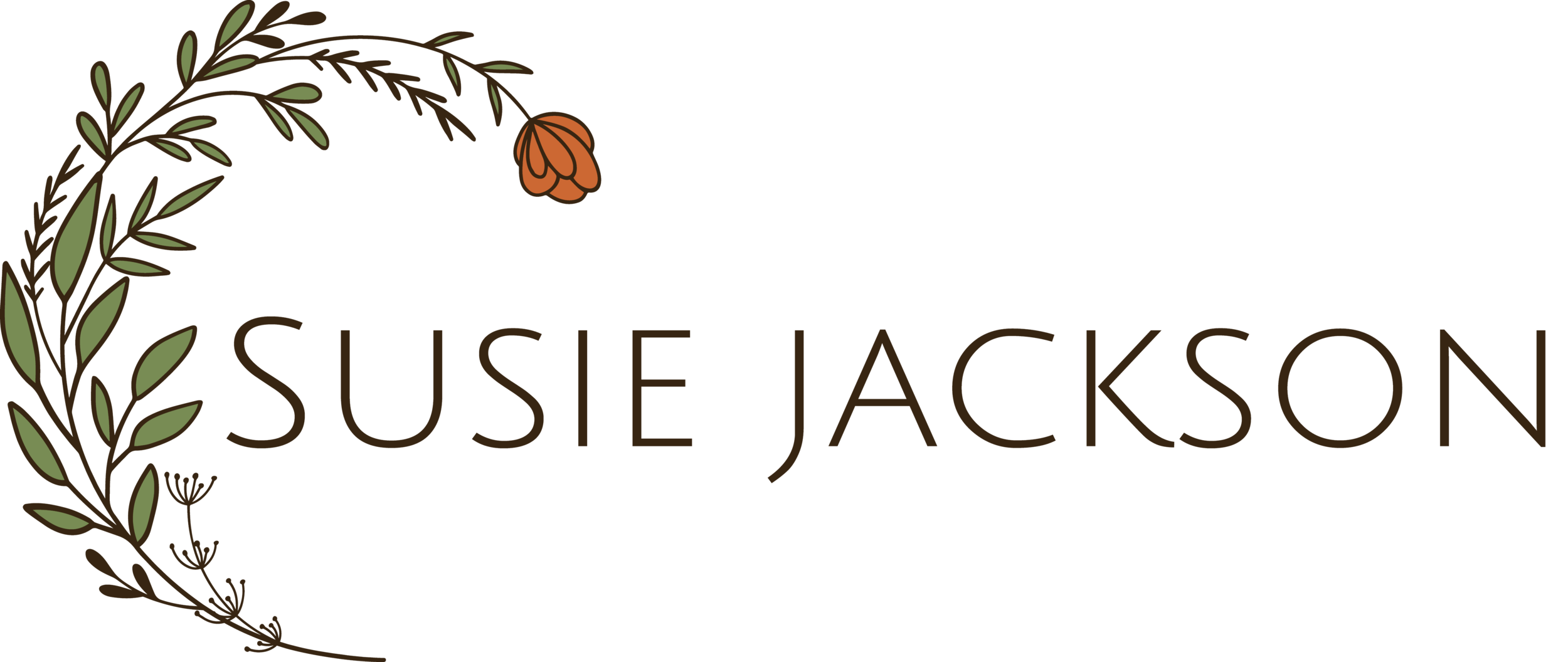What to Track in Your Business When Starting out as a Freelancer
Starting a freelance business isn’t easy. In fact, it’s one of the hardest things many of us will do during our careers. What makes it especially difficult is knowing where to begin when you don’t have any experience. With so much differing advice out there, how are you supposed to know which you should be following and what will work best for your individual circumstances?
Since working as a pricing mentor for other freelancers, I have found that the same things keep cropping up over and over again. I’ve also lost count of the number of times I’ve heard people tell me, “I wish I knew this when I started my business” or “I should have been doing this from the very beginning!”
So, for those of you who are just starting out as freelancers, you’re in luck! In this blog post, I’ll be taking you through the top four things that I’d recommend all service-based business owners make a habit of tracking as early on as possible. And for those of you who have already been running your businesses for a while, it’s never too late to start!
Freelance tips for what you should be tracking in your business
1) Your business expenses
One of the first things I usually get my mentees to do is to track their business expenses. I’ve found it’s one of those tasks that often gets overlooked (or sent to the bottom of the to-do list for a time that never comes!). But if you want to develop a sustainable business, keeping tabs on your business expenses is so important.
Particularly because we can claim tax relief on our expenses, many freelancers end up spending a lot of money on business expenses without really considering whether they can afford to or not. Putting together a freelance budget where you can not only plan but also record your expenses is a great way of keeping on top of them. It helps you feel in control of your finances, encourages you to make conscious spending decisions and gives you an awareness of how much money you need to be making to cover your expenses without eating into your earnings too much.
Even if you don’t have data from a previous year to base your budget on just yet, you should start to track what you’re spending on your business and where. This way, you’ll already have all the data you need for next year’s budget to hand, and you’ll be able to create a budget you’ll feel confident you can stick to.
2) Your time
As a service-based business owner, your time is the most valuable thing you own and the most expensive thing you can sell. This is why you need to know exactly what you’re spending your time on during your working day. In my experience, when I ask my mentees to start tracking their time, it’s often a moment of realisation for them. Some suddenly recognise that they’re spending far too long on tasks that aren’t paid client work, while others gain a more accurate idea of how much they can get done within a certain period of time.
This works the other way around too. Knowing how long a task is likely to take you is crucial information when it comes to the future development of your business. As far as your pricing is concerned, if you have a set of time-tracking data that allows you to accurately predict how long a job is likely to take you, it’s far easier to ensure you’re charging an amount that makes it worth your while.
But tracking your time isn’t all about financial gains. It can also lead to a greater awareness of the value of your time as well as enabling you to plan better and improve your focus, just because it’s harder to procrastinate when you’re timing yourself!
In this blog post on why every freelancer should be tracking their time, I tell you how to get started and share my experiences of time tracking using a tool called Toggl. The free version is perfect for my needs and also provides reports on the work I’ve done for different clients and projects. Toggl is my go-to, but there are lots of different time-tracking tools out there for you to try.
3) Details of your client work
Whenever I’m asked which details freelancers should be recording when it comes to client work, I always say as many as possible. You never know what’s going to come in handy further down the line!
Besides the obvious who, what, when, where and how, you should also be tracking both the financial and the more intuitive sides of things. From payment terms and deadline urgency to level of enjoyment and stress, these are all details that can help you decide how much to charge in the future or, indeed, whether you want to accept a specific job from a certain client at a later date. And if you have the data to back up your business decisions, you’re far more likely to feel confident when you proceed with them.
4) How much you’re earning for different types of work
Building on the previous point, if you know how much you’re earning for different types of work, you’ll be able to understand what it’s worth doing more of and where you might need to increase your prices. To be able to identify how profitable a job has been for you, you’ll need two key figures: how much you earnt overall and how long it took you to complete the project. You can then figure out exactly how much you’re earning per hour for specific types of work, which can again influence your decisions on how much you want to charge in the future and what kind of work you’d like to focus on moving forwards.
If tracking all these things leaves you feeling a bit overwhelmed, I create custom spreadsheets to help freelancers and small business owners keep on top of their data.
After an initial chat to understand your needs, I’ll put together a spreadsheet that is tailored to your individual business. My aim is to create a tool you can use to keep track of your numbers and gain insights from your data. That way, you’ll have all the information necessary to make the right decisions moving forwards.
Hi, I’m Susie
I mentor freelancers on pricing so you can earn a decent living doing what you love.
I’m a translator, editor, chocoholic, crochet addict, animal lover, and budding gardener (get it?) who loves empowering others to achieve their goals.












